Information
Newsroom
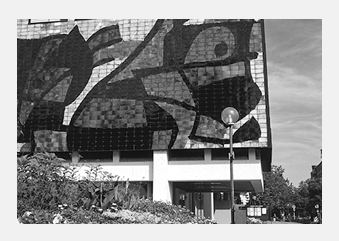
Exhibiting artists
Lewis Baltz, Lukas Einsele, Jim Goldberg, Mishka Henner, Sharon Lockhart, Allan Sekula & Noël Burch, Jules Spinatsch, Henrik Spohler, Ad van Denderen, Henk Wildschut
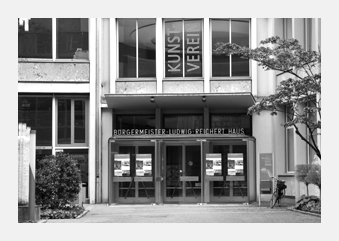
Exhibiting artists
Adam Broomberg & Oliver Chanarin, Edmund Clark, Keren Cytter, Thomas Hirschhorn, Boris Mikhailov, Suzanne Opton, Julika Rudelius, Jules Spinatsch, Jürgen Teller
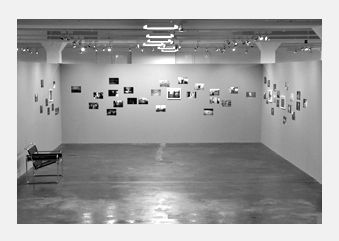
Exhibiting artists
Ai Weiwei, Taysir Batniji, Laurence Bonvin, Sylvain Couzinet-Jacques, Hiroko Komatsu, Jules Spinatsch, Frank van der Salm, Nick Waplington
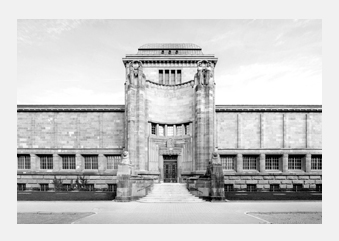
Exhibiting artists
Gaëlle Boucand, Polly Braden, G.R.A.M., Glenda Léon, Jules Spinatsch, Stefanos Tsivopoulos, Paolo Woods & Gabriele Galimberti
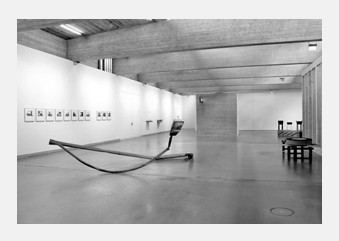
Exhibiting artists
Ilit Azoulay, Daniel Blaufuks, Hans Danuser, Simone Demandt, Yann Mingard, Dayanita Singh, Jules Spinatsch
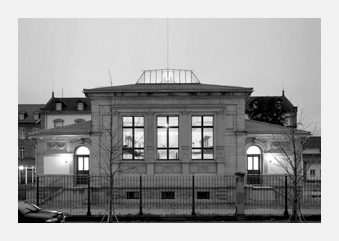
Exhibiting artists
Melanie Bonajo, Maya Rochat, Rico Scagliola & Michael Meier, Jules Spinatsch
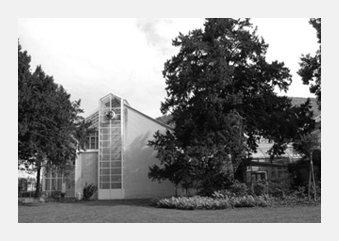
Exhibiting artists
The Experimental Visualization Lab, Melanie Gilligan, Trevor Paglen, Marco Poloni, Jules Spinatsch